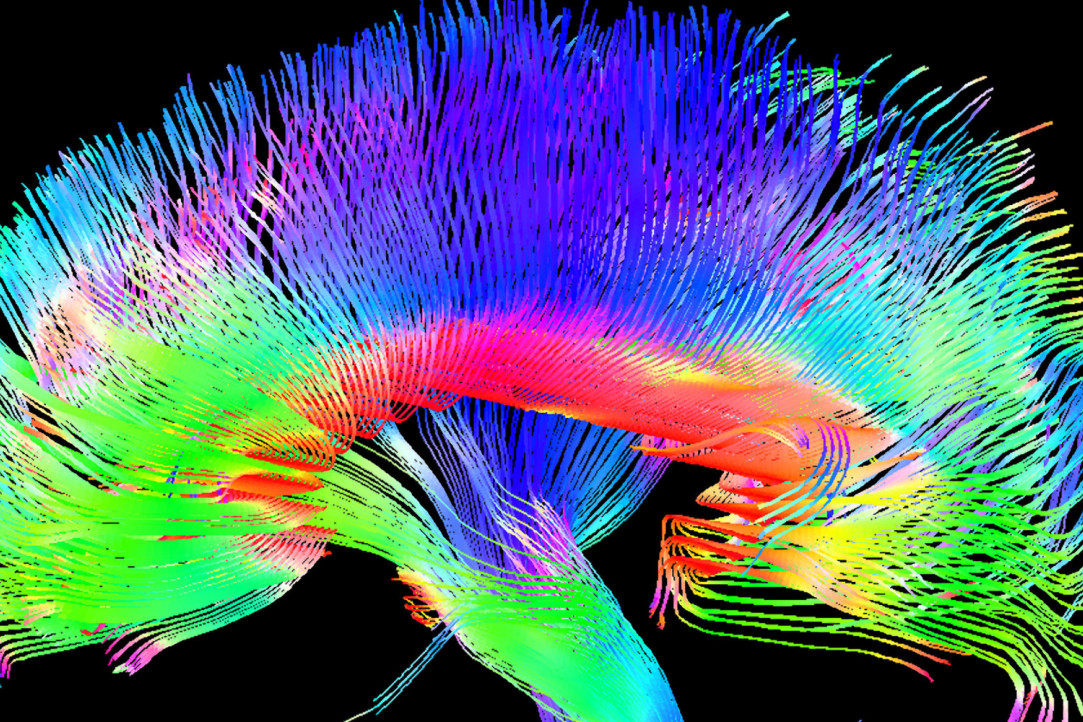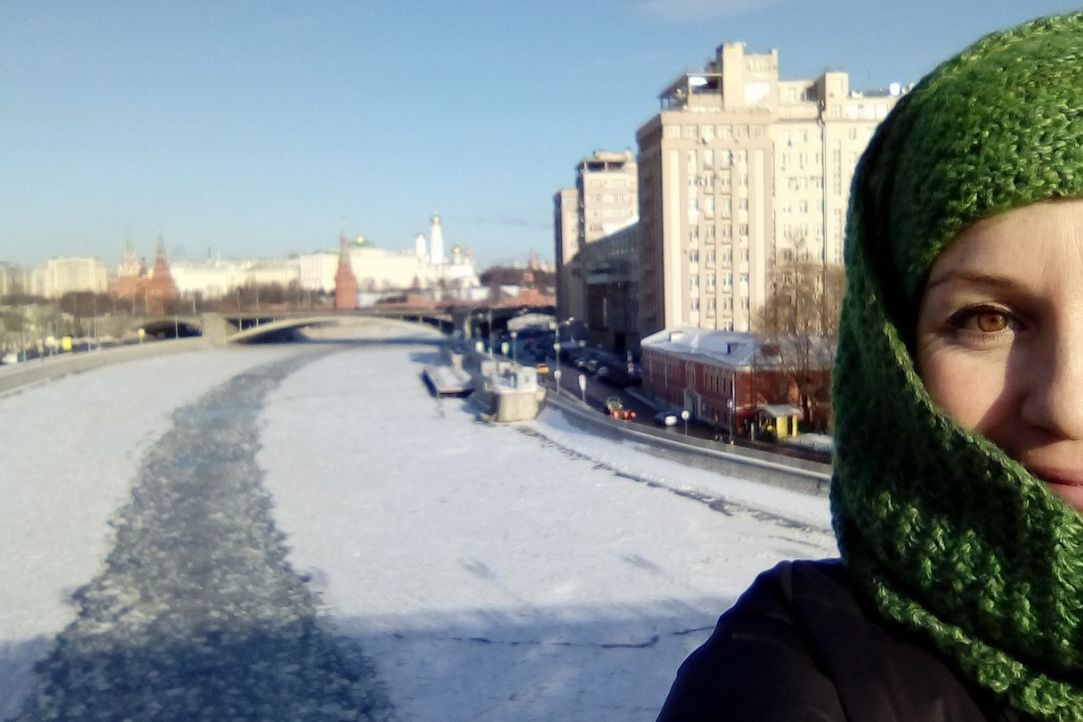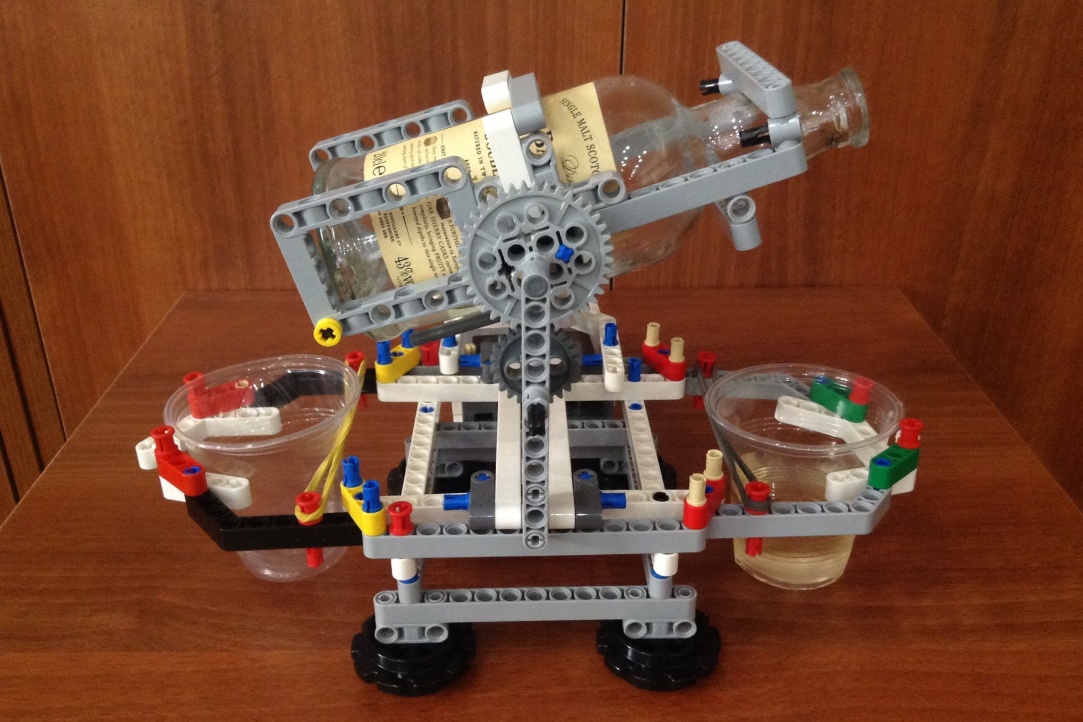After receiving her PhD in Psychology from the University of the Basque Country, Beatriz Martín-Luengo arrived in Moscow in 2015 to join the Centre for Cognition & Decision Making at HSE as a Research Fellow. Since then, she has pursued research interests that focus on the ecological study of human memory (i.e., variables that affect our recollection) and metamemory, which is the introspective knowledge of one's own memory capabilities (and strategies that can aid memory) and the processes involved in memory self-monitoring.








